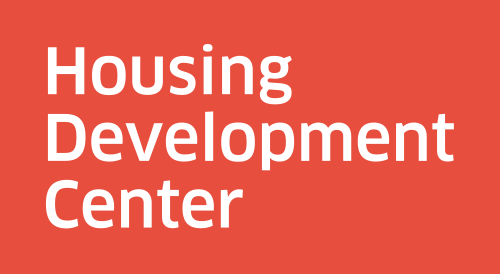Affordable Homes Are a Public Good…. And Three More Talking Points on Housing Preservation
Too often, the unfunded capital needs of affordable housing properties are talked about as unanticipated crises that owners are responsible for fixing. But how does the conversation shift when we look at the problem differently—and see affordable housing recapitalization as a predictable, shared responsibility? Drawing on the work of the Preservation Convening group and Full Focus Communications to reframe the preservation conversation, here are some talking points I’m practicing:
Affordable homes are a public good.
Rent-restricted affordable housing is part of our community infrastructure, just like roads, bridges, schools, libraries, and health clinics. Our communities have made decisions to invest public dollars in affordable housing because we recognize that an affordable home is a basic necessity, like K-12 education and clean water.
Maintaining our affordable housing investments is a shared responsibility.
Like other infrastructure assets, affordable housing properties are physical structures that deteriorate over time—and don’t collect enough income to completely pay for their upkeep. To keep these properties safe and livable for residents, regular public investments are needed.
Affordable housing owners are using all their resources to keep properties in good condition, but there is still a $300 million backlog of needed repairs.
As part of a team that provides nonprofit asset management training and consulting services, I have worked with affordable housing owners across Oregon to address the needs of aging housing portfolios. My clients use a widely accepted “waterfall” approach to strengthen their portfolios; this approach starts with streamlining operations and ends with seeking public reinvestment, as a last resort.
We know how to solve the problem; we just need reliable funding to do it.
As sociologist and Pulitzer Prize–winning author Matthew Desmond wrote regarding policies used to promote housing equity, it’s not the “prescription” we’ve gotten wrong, it’s the “dosage.” The nonprofit organizations that own and operate affordable housing are savvy, scrappy, and serious about their missions of providing homes for people underserved by the market. But it takes more than know-how and determination to do this work: it takes capital.
Want to help shift the conversation about affordable housing preservation? Connect to Oregon Housing Alliance at oregonhousingalliance.org and on Twitter at @Voices4ORHomes for action alerts. And scroll down to subscribe to HDC’s newsletter and receive preservation-related updates from our policy and industry support team.
Emily Schelling is the former director of asset management and initiatives at HDC.

